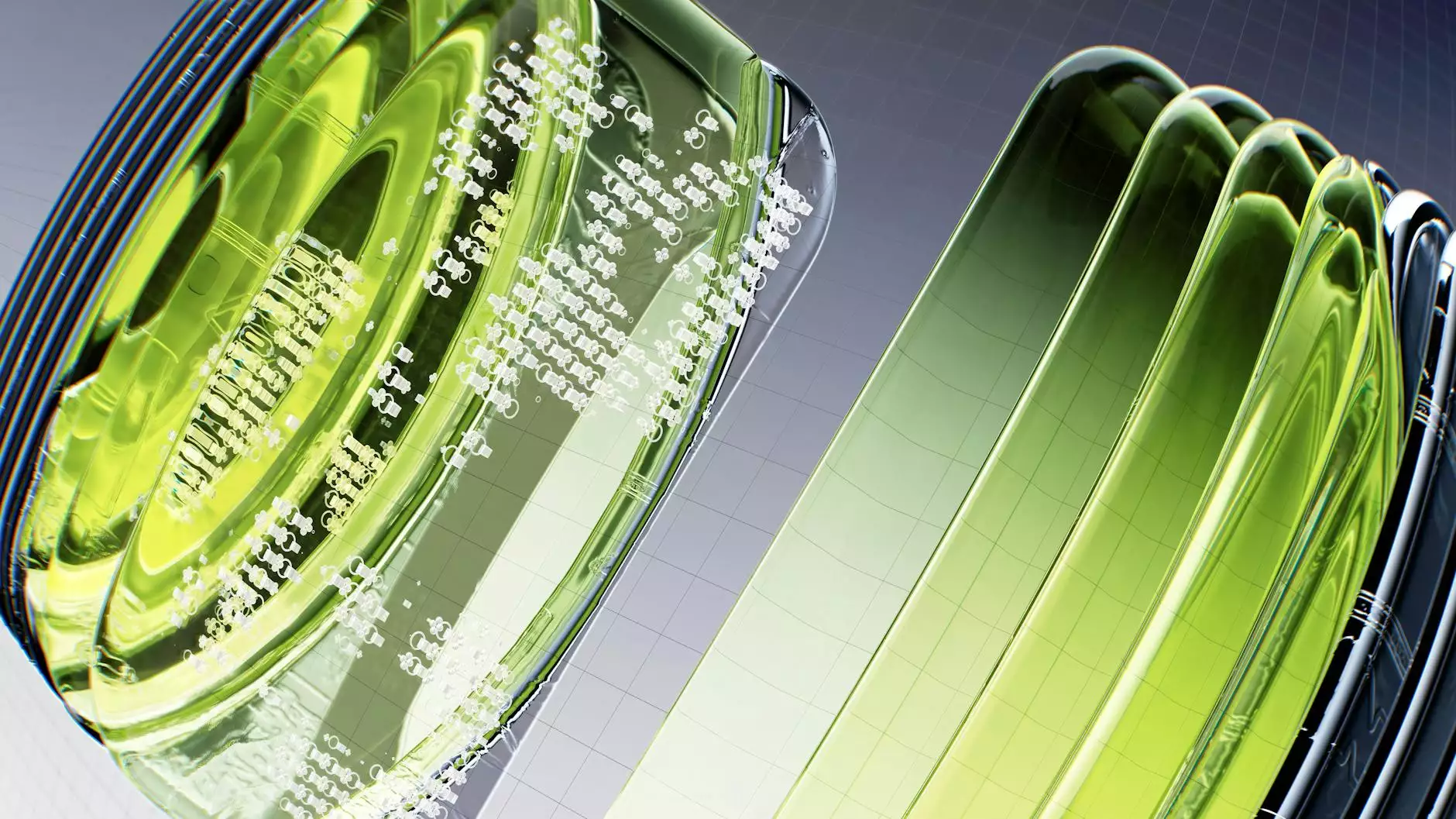Understanding the Car Parts Factory: Quality, Production, and Innovation

The automotive industry is a bustling realm characterized by constant innovation, significant investment, and a relentless pursuit of excellence. At the heart of this industry lies the car parts factory, a pivotal establishment where the intricacies of automotive parts manufacturing come to life. In this comprehensive guide, we will explore the significance of car parts factories, the processes involved, and why choosing the right parts is crucial for every vehicle owner.
The Role of Car Parts Factories in the Automotive Industry
Car parts factories are the backbone of the automotive supply chain. They are responsible for producing a myriad of components that ensure vehicles operate safely and efficiently. From the engine block to the smallest ignition coil, each part plays a vital role in the vehicle's functionality.
1. Overview of Production Processes
Understanding the manufacturing processes of a car parts factory is essential for appreciating the quality of automotive parts. The production cycle typically involves:
- Design and Prototyping: Initial concepts are turned into digital prototypes using computer-aided design (CAD) software.
- Material Selection: Durable materials such as aluminum, steel, and composite materials are chosen based on their application.
- Machining: CNC machines and lathes are used to carve and shape raw materials into specific parts.
- Assembly: Components are assembled to form complete systems, such as braking or suspension systems.
- Quality Control: Rigorous testing ensures that products meet industry standards and specifications.
2. Quality Assurance in the Manufacturing Process
Quality assurance is a critical aspect of the car parts factory. Manufacturers employ various methods and technologies to ensure that every part produced meets the highest standards:
- Material Inspection: Before production, materials are tested for strength, durability, and resistance to wear.
- In-Process Quality Control: Regular checks during production help catch errors before they escalate.
- Final Product Testing: Finished parts undergo rigorous tests, including stress tests and fitment tests.
The Importance of Choosing Quality Parts
When it comes to automotive performance and safety, the quality of parts cannot be overstated. Subpar parts can lead to a cascade of issues, including:
- Vehicle Malfunction: Inferior components can fail during operation, leading to potential accidents.
- Increased Costs: Using low-quality parts often results in more frequent repairs and replacements.
- Decreased Vehicle Performance: High-quality parts enhance performance and longevity, improving fuel efficiency and handling.
Innovations in Car Parts Manufacturing
The evolution of technology in manufacturing has dramatically changed how a car parts factory operates. Innovations include:
1. Automation and Robotics
Many factories incorporate automation in their assembly lines, using robotic arms for precision and efficiency. This not only speeds up production but also reduces human error.
2. 3D Printing
3D printing technology allows factories to create complex parts that were once impossible to manufacture using traditional methods. This is particularly beneficial for custom and low-volume parts.
3. Sustainable Manufacturing Practices
With growing environmental concerns, many car parts factories are adopting sustainable practices, such as:
- Recycling materials: Using recycled metals and plastics reduces waste and lowers production costs.
- Energy-efficient processes: Factories are investing in energy-efficient machinery that minimizes carbon footprint.
Finding the Right Car Parts Factory
Choosing the right supplier for automotive parts is crucial for both quality and reliability. Here are some tips for selecting a reputable car parts factory:
1. Research and Reputation
Do thorough research to find manufacturers with a good reputation in the industry. Look for:
- Customer reviews and ratings
- Partnerships with reputable automotive brands
- Industry certifications and awards
2. Evaluate Product Quality
Before making a decision, request samples if possible. Inspect the quality and compare it with competing brands. Key factors include:
- Material quality
- Finish and craftsmanship
- Performance during test runs
3. Understand Production Capabilities
Assess the factory’s production capabilities to ensure they align with your needs. Consider:
- Volume of production
- Custom manufacturing options
- Lead times for delivery
4. Customer Service and Support
A responsive customer service team is crucial. Ensure that the factory provides:
- Technical support and advice
- Easy communication channels
- Clear return and warranty policies
The Future of Car Parts Manufacturing
The future of the automotive parts industry appears bright, driven by innovation and technology. The emergence of electric vehicles (EVs) and the need for parts that are compatible with new technologies will lead to changes in manufacturing processes.
Additionally, as consumer demand for sustainable products increases, car parts factories will continue to adapt by implementing more eco-friendly practices.
Conclusion
In conclusion, understanding the car parts factory's role in the automotive industry is essential for anyone involved in vehicle maintenance or manufacturing. A commitment to quality and innovation in production processes ensures the safety, efficiency, and longevity of vehicles on the road. Whether you are a consumer seeking to ensure the best performance from your vehicle or a business looking to source high-quality parts, the right car parts factory can make all the difference. Always prioritize quality and reliability to ensure that the components supporting your vehicle are second to none.
For more information on high-quality automotive parts, visit imautoparts.com.









